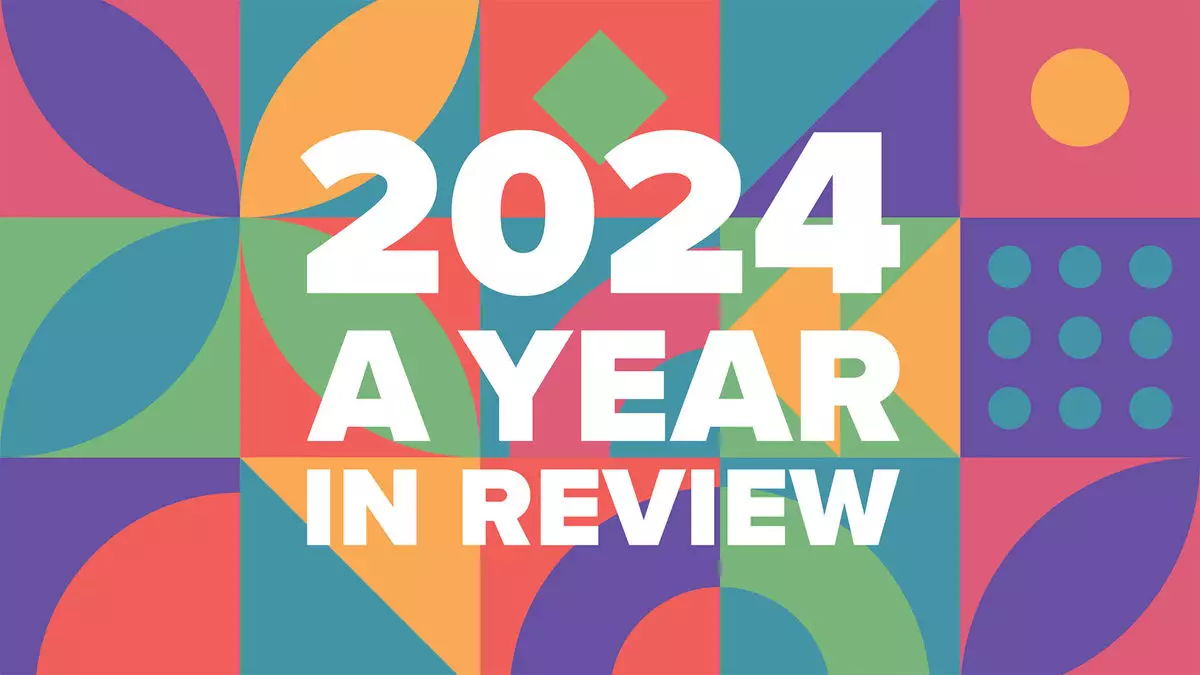As we delve into the remarkable transformation within the travel industry, it is striking to observe the rapid adoption of artificial intelligence (AI) tools among travel advisors. The recent findings from Travel Weekly’s 2024 Travel Industry Survey reveal a notable statistic: approximately 41% of travel advisors have started incorporating AI tools into their operations, an impressive figure that rises to 58% among those aged 45 or younger. This shift indicates a significant break from the traditionally perceived image of travel advisors as non-tech-savvy professionals, illustrating a broader acceptance of digital solutions in an industry that is largely dependent on personal relationships and hands-on service.
The acceleration of AI adoption in the travel sector can largely be attributed to the promise of generative AI technologies, which have demonstrated an ability to markedly enhance workflow and operational efficiency. Crucially, platforms specifically developed for travel advisors, such as TobyAI and Colby AI, highlight how the industry is evolving. Signature Travel Network’s initiative to equip its members with TobyAI—designed to assist in crafting itineraries and elevating social media engagement—underscores the realization that AI can not only streamline processes but also enhance the end-user experience through personalization. Likewise, Travel Leaders Network’s partnership with TobyAI reflects a broader trend of collaborative efforts aimed at integrating advanced technological solutions into the fabric of travel agencies.
Fox World Travel and its introduction of Colby AI exemplifies the practical applications of AI-driven assistants. By improving workflow, offering insights into traveler preferences, and assisting with inquiries, Colby AI effectively reduces the manual burdens often faced by human advisors. This is especially beneficial in an increasingly complex travel environment where personalization is key. Similarly, Expedia Group’s Romie, launched during their annual partner conference, emphasizes the growing ubiquity of AI across all sectors of travel. CEO Ariane Gorin’s assertion that “It’s everywhere” encapsulates a moment where AI is transitioning from a futuristic concept to an essential component of the travel industry.
Looking Forward: Challenges and Opportunities
While the rise of AI in travel offers many opportunities, it also presents challenges that the industry must navigate. Data privacy concerns, the potential for job displacement, and the need for human touch in personalized travel experiences remain important discussions. Moreover, the caution around over-reliance on technology is imperative as human insights and emotional intelligence still play a vital role in this service-oriented field. Moving forward, striking a balance between leveraging AI’s benefits and maintaining the human element of travel advisory will be crucial for sustainable growth.
As travel continues to adapt in the post-pandemic landscape, the integration of AI serves not as a replacement but rather as an augmentation of traditional advisory roles. The journey into this new realm of technology is just beginning, but one thing is clear: the travel industry’s embrace of AI will likely drive future innovations, enhancing both advisor capabilities and customer experiences. It remains vital for travel professionals to stay informed and involved in this transformation, ensuring they harness these advancements effectively while retaining their unique value proposition in the marketplace.


Leave a Reply